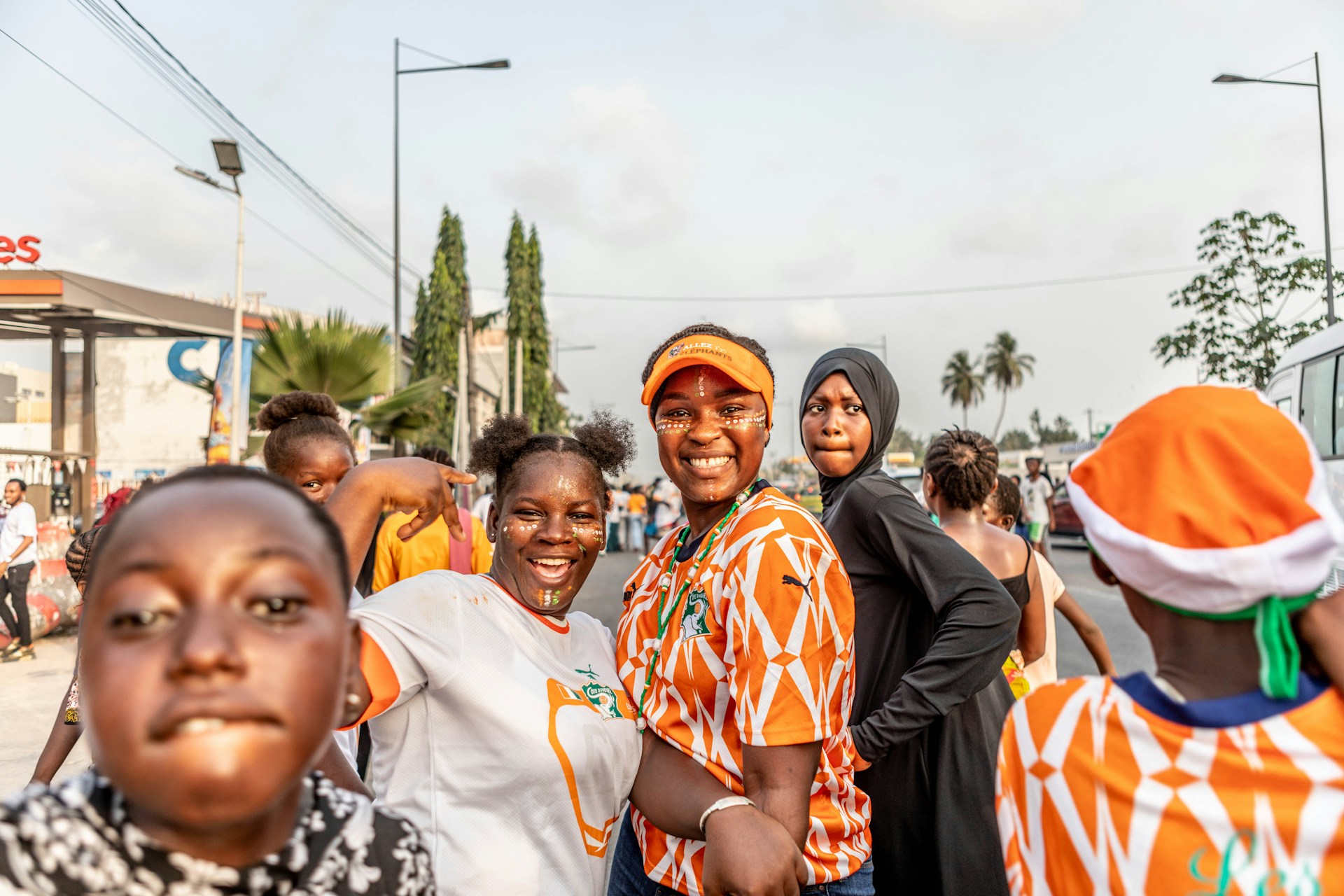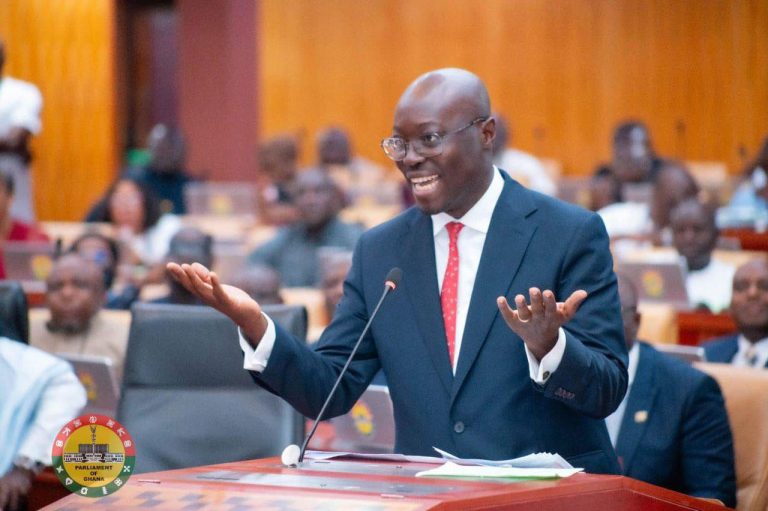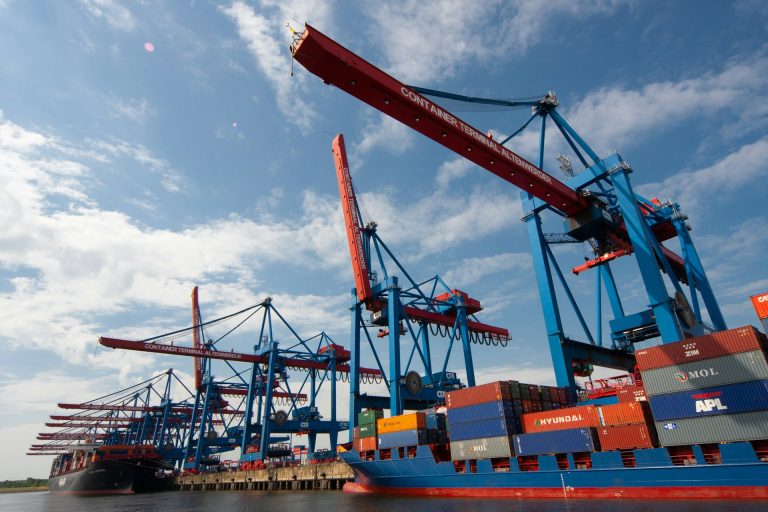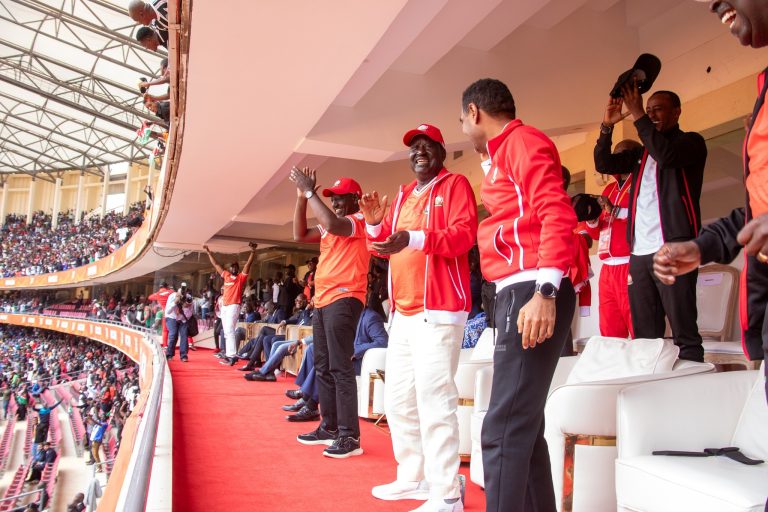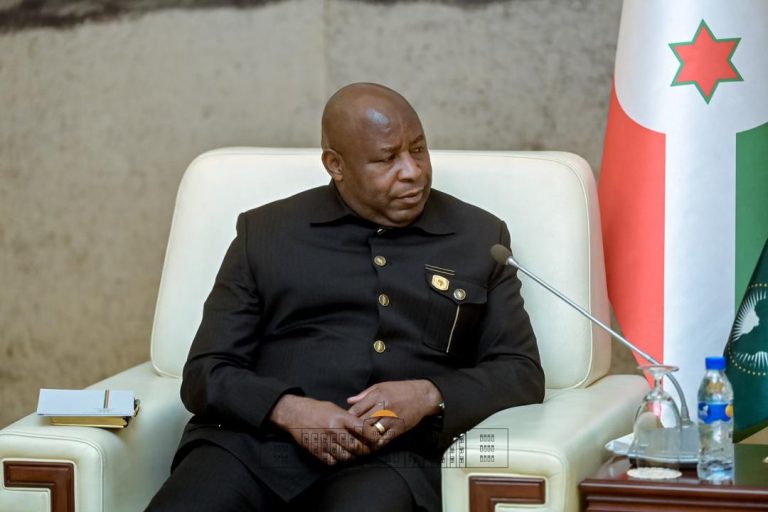- Côte d’Ivoire secures IMF staff-level deal worth $843.9 million
- Growth set at 6.3% in 2025, inflation near 1%
ABIDJAN, CÔTE D’IVOIRE – Côte d’Ivoire has reached a staff-level agreement with the International Monetary Fund to unlock $843.9 million in fresh disbursements once the IMF’s Executive Board gives approval.
The cocoa-rich country is currently on a $3.5 billion bailout package with the fund as well as its $1.3 billion Resilience and Sustainability Fund.
“Performance of the authorities’ programs has been strong,” said Olaf Unteroberdoerster, the IMF’s mission chief. He noted that Abidjan is on course to meet the West African Economic and Monetary Union’s 3% budget deficit ceiling for the first time in years.
Fiscal discipline meets climate reform
The IMF credited Côte d’Ivoire’s recent turnaround to tighter spending and improved revenue mobilisation. Tax revenues are projected to rise from 15% of GDP in 2025 to 15.7% by 2026, creating fiscal space for investment in infrastructure and social programmes.
The review also spotlighted climate commitments. Côte d’Ivoire is advancing measures such as climate budget tagging, fiscal risk assessments and energy audits – making it one of the few African states integrating environmental reforms into macroeconomic frameworks.
The Ivorian economy is among the fastest growing in West Africa, with output forecast at 6.3% in 2025. Services, hydrocarbons and mining are expected to drive the expansion. Inflation, which surged after global supply shocks, has cooled faster than anticipated and is set to average just 1% this year – well below the 3% WAEMU ceiling.
External accounts have also strengthened. Record cocoa prices, coupled with lower import bills for rice and wheat, are projected to narrow the current account deficit to 1.5% of GDP in 2025. Regional reserves reached the equivalent of 5.5 months of imports by the end of August, helping reinforce monetary stability across the bloc.
Risks ahead
Despite the upbeat outlook, risks persist. Geopolitical tensions, global financing pressures and climate shocks could derail progress. Analysts warn that an election year could test fiscal resolve.
“That Côte d’Ivoire can stick to fiscal discipline in an election year, despite high social demands, sends a strong signal of its ability to mobilize resources and avoid the crisis traps seen elsewhere in the region,” Passou Hodabalo, an economic analyst in Lomé, told Allen Dreyfus.
If endorsed by the IMF Board, the payout will consist of $509.5 million under the EFF/ECF arrangements and
$334.4 million from the RSF.
